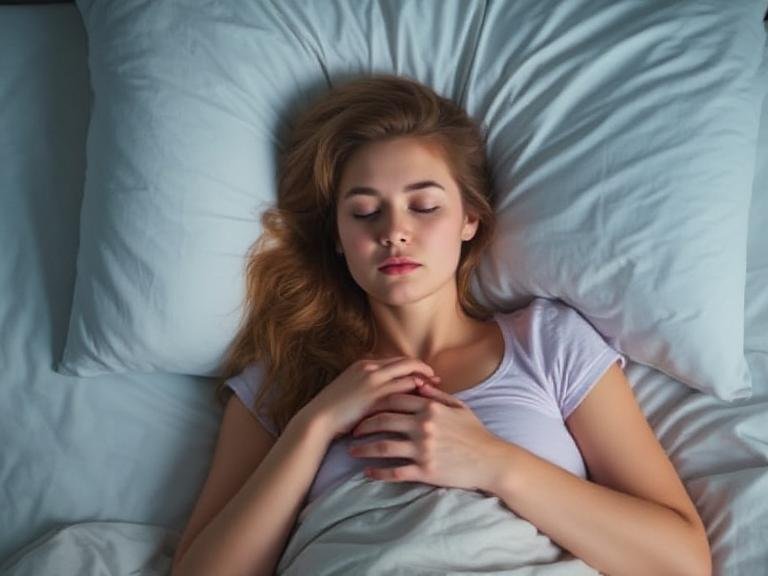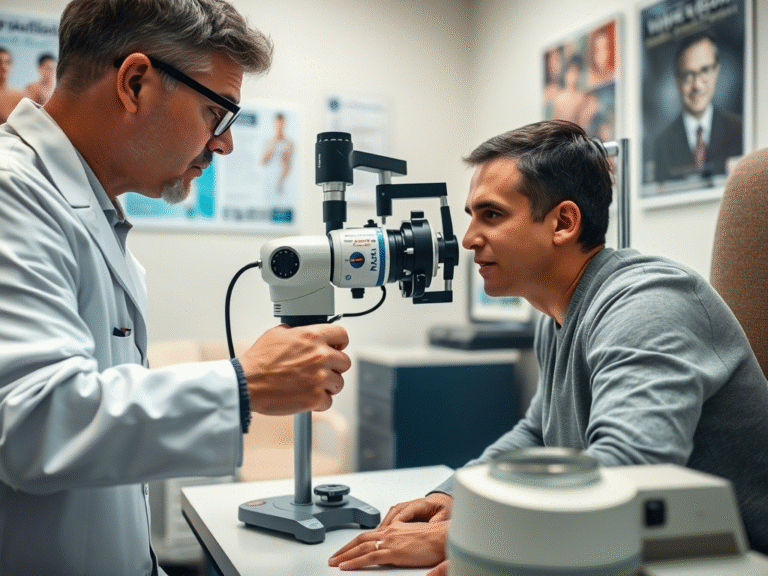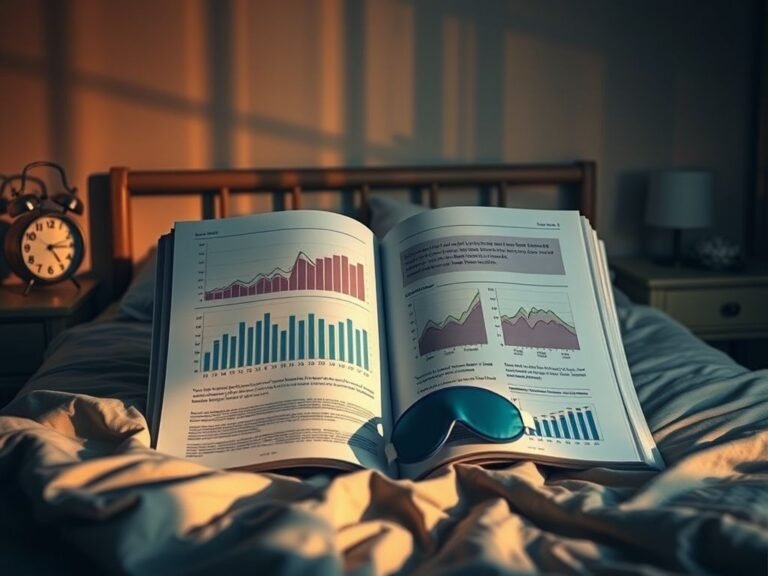
Understanding Why Some Research Suggests Women Need More Sleep
If you’ve spent any time browsing wellness content on TikTok or Instagram, you may have come across the claim that women need one to two extra hours of sleep than men . But is there real science behind this idea — or is it just another internet myth?
The truth is more nuanced. Whether someone needs more sleep depends on a complex mix of biology, psychology, and social expectations — and how you measure sleep also matters.
🔹 What Do the Studies Actually Say?
Researchers typically measure sleep in two main ways:
- Self-reported sleep (asking people how much they slept)
- Objective measurements , such as wearable sleep trackers or lab-based polysomnography (which records brain activity, breathing, and movement during sleep)
When it comes to objective data, studies consistently show women sleep about 20 minutes longer than men on average .
For example:
- A global study of nearly 70,000 people wearing sleep trackers found a 23–29 minute difference in sleep duration between men and women aged 40–44.
- Another large study using polysomnography showed women slept about 19 minutes longer and spent more time in deep sleep — roughly 23% of the night , compared to 14% for men .
However, it’s important to remember that individual sleep needs vary widely . Just like not every woman is shorter than every man, not every woman needs 20 more minutes of sleep than a man.
🔹 The Sleep Quality Puzzle
Despite sleeping a bit longer and deeper in lab settings, women often report worse sleep quality than men. They’re also about 40% more likely to be diagnosed with insomnia .
This mismatch between what sleep studies show and how women actually feel is a well-known issue in sleep research.
Many studies don’t account for real-life factors like:
- Mental health conditions
- Medication use
- Alcohol consumption
- Hormonal changes
These are all things that can significantly affect sleep — and they often affect women more than men.
🔹 The Biological Factors
Sleep differences between men and women start to appear around puberty and become more noticeable during pregnancy, postpartum, and perimenopause .
Hormonal changes play a big role:
- Estrogen and progesterone fluctuations during the menstrual cycle can affect sleep, especially in the premenstrual phase .
- During perimenopause , falling estrogen levels are linked to nighttime awakenings , especially around 3 a.m.
Other health conditions that are more common in women — like thyroid disorders and iron deficiency — can also contribute to fatigue and sleep disturbances.
🔹 The Psychological Factors
Women are more likely to experience depression, anxiety, and trauma-related disorders , all of which are closely linked to poor sleep.
They’re also more likely to:
- Engage in rumination and worry
- Be prescribed antidepressants , which can disrupt sleep
These psychological factors help explain why many women feel tired, even if their sleep duration or quality looks good on paper.
🔹 The Social and Cultural Pressures
Beyond biology and psychology, social expectations play a major role in how rested women feel.
- Women still carry a disproportionate share of caregiving and emotional labor .
- In countries like Australia, women do about 9 additional hours of unpaid work per week compared to men.
This means women often rely on sleep to provide all their daily recovery , even though rest should ideally happen throughout the day as well.
In clinical practice, many women come in complaining of fatigue — and while poor sleep is part of the picture, it’s rarely the whole story. Fatigue can also signal:
- Underlying health issues
- Emotional strain
- Unrealistic expectations of self-performance
🔹 What About Gender Diversity?
Most sleep studies focus only on cisgender men and women , which limits our understanding of how sleep is shaped by gender identity, social context, and lived experience .
As the field evolves, researchers are calling for more inclusive studies that reflect the full spectrum of human diversity.
🔹 Final Thoughts
So, do women need more sleep than men?
In the lab , women tend to sleep slightly longer and deeper than men.
In real life , however, they often feel more tired — not because they’re sleeping less, but because they’re carrying more.
So yes, on average, women may need a little more sleep — but more importantly, they need more support and opportunities to rest and recharge , both during the day and at night.
About the Author
Amelia Scott is an Honorary Affiliate and Clinical Psychologist at the Woolcock Institute of Medical Research and a Research Fellow at Macquarie University.
Disclosure
This article was originally published on The Conversation , an independent platform that publishes research-based news and analysis. It is shared here under a Creative Commons license, which allows for free redistribution with proper attribution. You can read the original article here .





